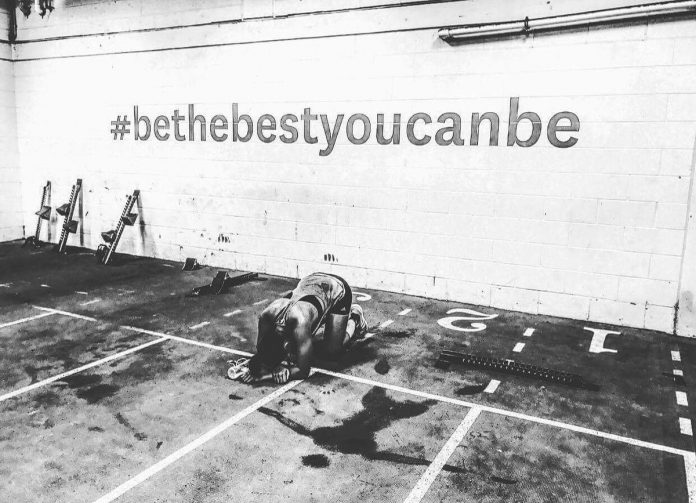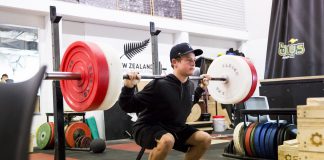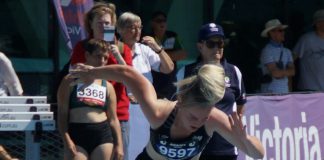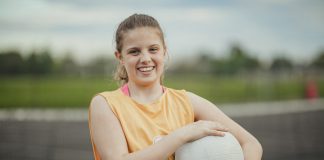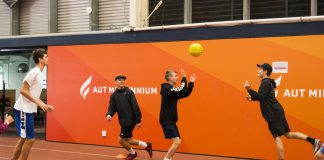Etched into the walls at AUT Millennium is #bethebestyoucanbe
It’s what we strive for with every athlete we work with.
But what does it mean?
Pursue Growth and Learning
Being the best you can be is about change. It’s about striving to be better tomorrow than you were today. You achieve it by always pursuing growth and learning.
But it’s not easy.
Continual growth requires thoughtful action, the persistence to overcome obstacles, and a willingness to embrace mistakes and learn from them quickly.
Being the best you can be also means questioning the ‘operating systems’ you may be used to. Take the student experience, for example. Because success is measured almost entirely by pass rate, therein lies the focus. “What do I need to know to pass?” dominates your thinking, rather than “what do I need to know to be an ardent, adaptable learner who’s always looking to improve?”
The Plus, Equals, Minus Approach to Learning
Recently, I spent some time reflecting on my teenage years and what really stood out for me at school. For obvious reasons, physical education was a highlight. But I also look back on my German class as a truly rewarding experience. I didn’t appreciate it at the time but the learning environment was unique, unlike any other subject, which I credit to the interactions I had with several different people. I call it the plus, equals, minus approach to leaning – an approach you can use to optimise your development in any domain you choose.
1) The Plus – A Wise Mentor
The man who stood at the front of the class in German was more of a mentor than a teacher, not only in language but in life. Our conversations would often start out in vocabulary or grammar, but end up in the pressing problems concerning us in sport, with our parents, or with our peers. Crucially, the life lessons our mentor would give were always backed up with a fascinating story of a real-world example. Great things can only be achieved when you have an independent voice you trust to challenge you thinking, provide valuable feedback and encouragement, and expect big things of you at every stage of your journey.
2) The Equal – Loyal Allies
Doing it alone works in the short term. But eventually, the ice is going to crack, plunging you into the freezing water beneath. It’s then that you require an ally right there beside you to pull you out. In my senior years of school, only a handful of German students remained. The rest had dropped out along the way to pursue other endeavours. But those who persisted shared a common purpose – to be the best German student they could be. And when a group shares a common purpose, it shares a mindset. One that inspires a relentless determination and work ethos in the direction of that purpose. You are the product of the people you spend the most time with, so choose your allies wisely. And remember, you might need to look outside the groups you commonly associate with.
3) The Minus – Interested Followers
The best way to embed new knowledge is to teach it, especially to motivated learners. Teaching requires in-depth knowledge of the subject, as well as the communication skills to ensure your message in being heard. In class, we were given the opportunity to teach German to junior students taking the subject. Given that the first attempt at anything rarely goes well, in this case there was little on the line, which allowed us to make mistakes with ease. And with the help of our mentor, we learnt quickly from our mistakes to help us improve.
I’d encourage you to adopt the plus, equals, minus approach to learning. Find a mentor to inspire you, assemble loyal allies to support your journey, and seek out interested followers you can teach to accelerate your development.
Be the best you can be,

























